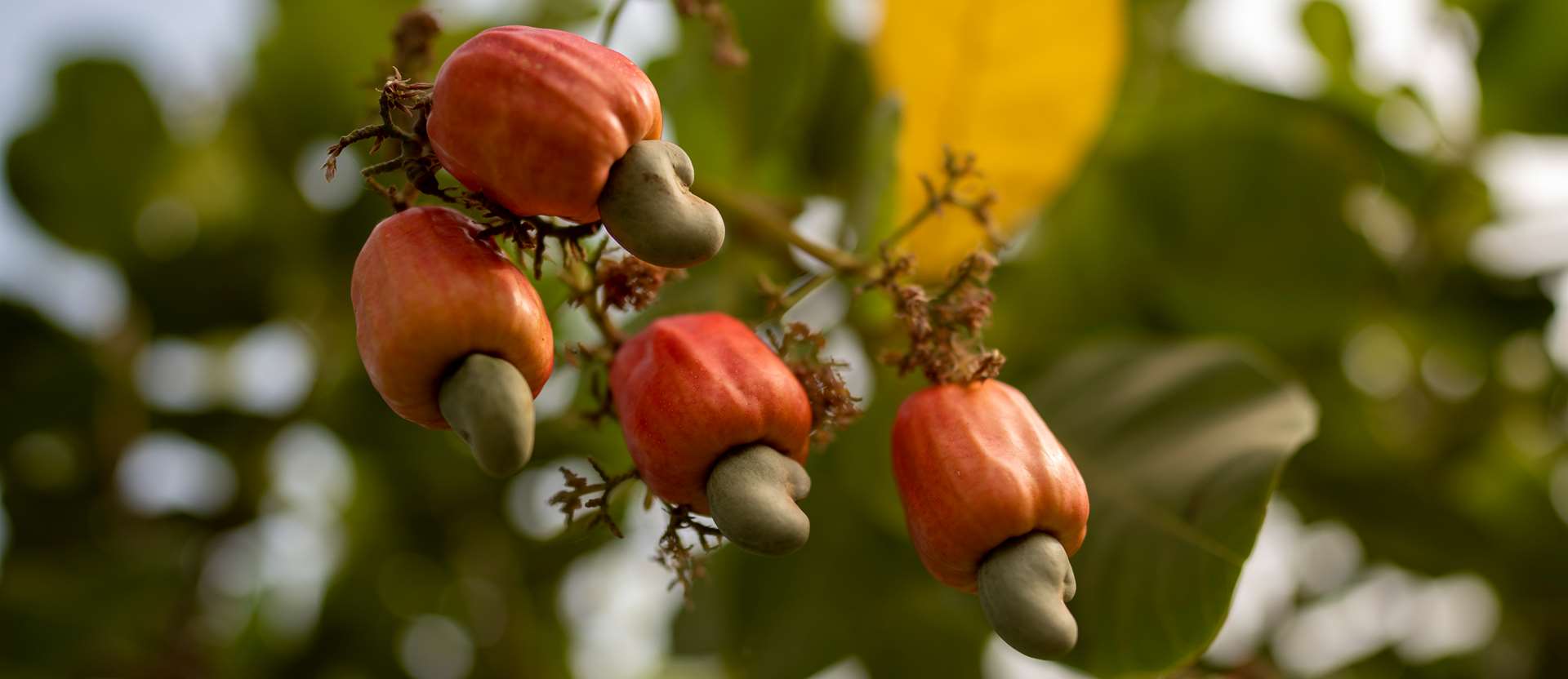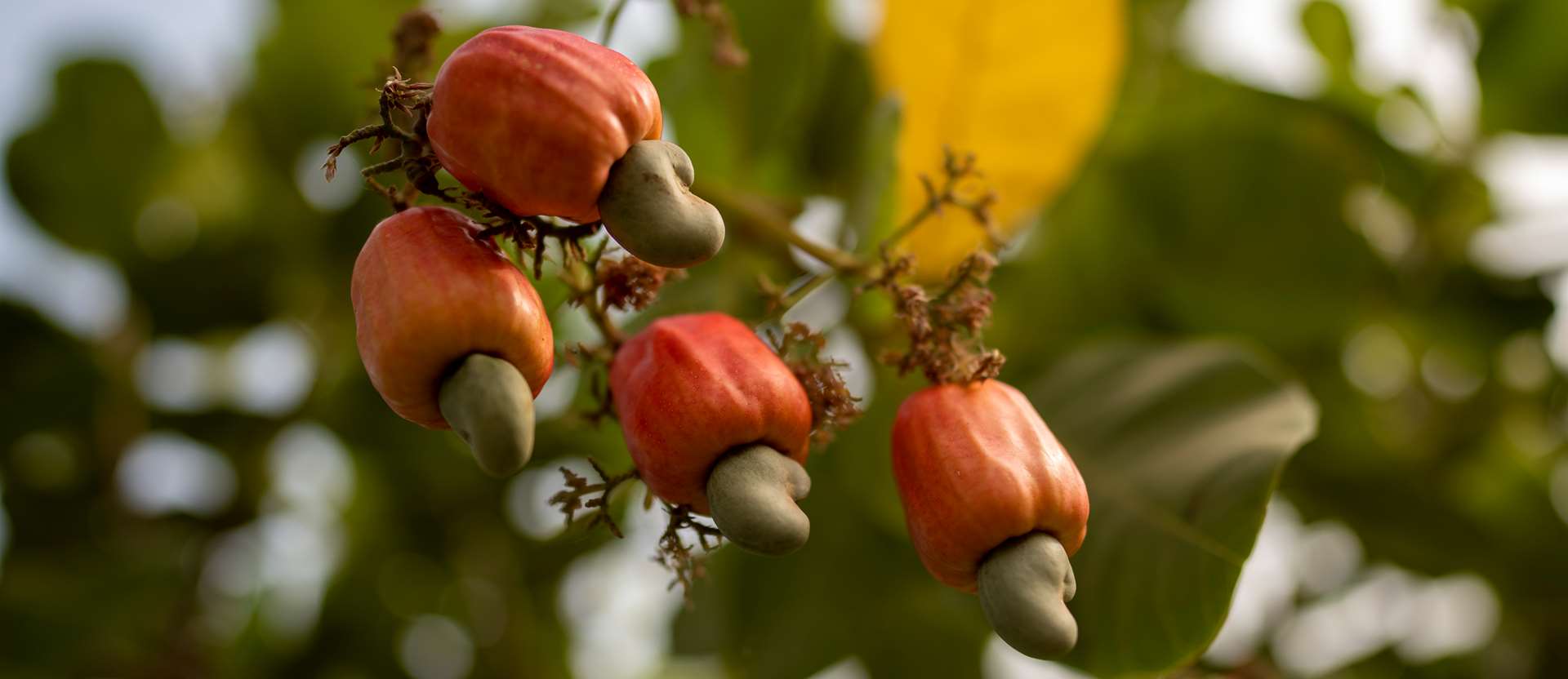Nigeria targets global cashew market as exports hit $398m

Nigeria is pushing to expand its foothold in the global cashew industry, and has recorded a significant surge in cashew exports, reaching $398.135 million in the first half of 2025, an 81.15% increase compared to the same period in 2024.
Capitalising on this, the Nigerian Export Promotion Council (NEPC), in collaboration with GIZ, has officially launched the Cashew Processors Directory, a strategic industry resource aimed at driving local value addition, attracting investment, and strengthening Nigeria’s position as a key global supplier of both raw and processed cashew products.Speaking at the official unveiling ceremony, Nonye Ayeni Executive Director/CEO, NEPC emphasised the rising significance of cashew within Nigeria’s export portfolio.According to export data, cashew nuts surged to the third position among 234 products exported from Nigeria in the first half of 2025, recording a value of US$398.135 million, an 81.15% increase compared to US$219.780 million in the same period in 2024.
Cashew kernels also showed significant growth, moving from the 18th position in 2024 to 14th in the first half of 2025, with exports rising 40.29% to US$26.851 million.
Nigeria is making a strong push to expand its presence in the global cashew market, as exports of the nut reached an impressive $398 million. This growth is particularly significant as cashews are now one of the top agricultural exports for Nigeria, alongside products like cocoa and sesame seeds. The country is positioning itself as a key player in the global cashew trade, with efforts aimed at improving both the quality of its cashew nuts and the value chain from farming to export. Several factors have contributed to Nigeria's rise in the cashew market:
- Increased Production: Nigeria has boosted its cashew production in recent years, thanks to better farming practices, government support, and investment in the agriculture sector.
- Growing Demand: There’s a global increase in demand for cashews, especially in markets like the U.S., India, and Europe. The nut is prized for its nutritional value and is a key ingredient in many snack foods, health products, and recipes.
- Government Support: The Nigerian government has made cashew a priority crop in its agricultural policies. This includes improved access to financing for farmers, incentives for agribusinesses, and investments in infrastructure to help reduce post-harvest losses.
- Improved Processing: Nigeria is focusing on increasing the local processing of cashews, which will help the country capture more value from its exports. Currently, a significant amount of the cashews are exported raw, and processing locally would create jobs and increase revenue.
- Sustainability Efforts: Nigeria has also been working on making cashew farming more sustainable. The government is promoting organic farming techniques, which could help the country gain a competitive edge in markets that prioritize sustainability.
This growth in exports can have far-reaching implications for Nigeria's agricultural economy, creating jobs, increasing foreign exchange earnings, and enhancing the country's overall export profile.
